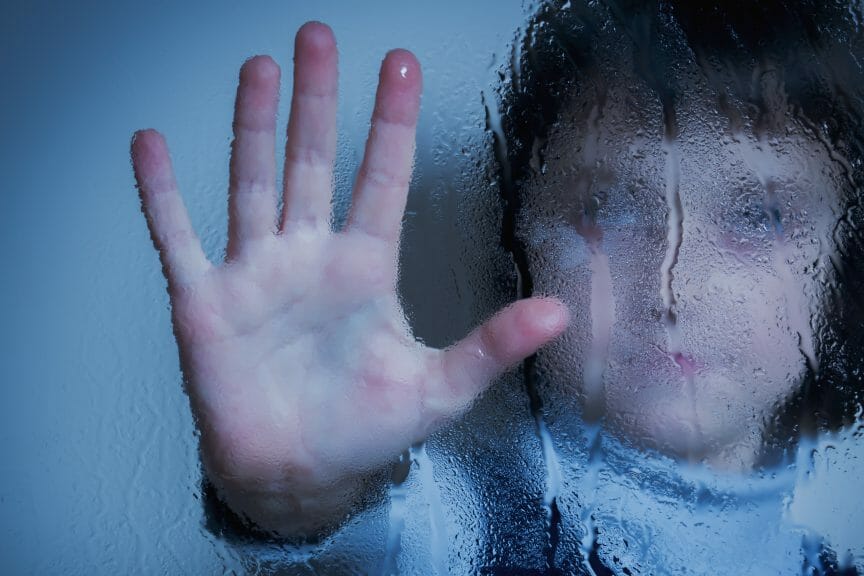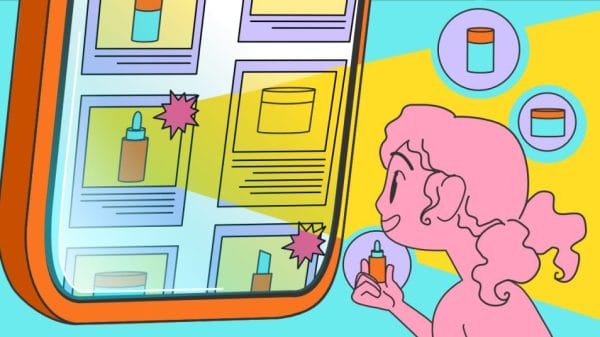Every few weeks or so, a new term will go viral on TikTok and occupy everyone’s FYP. The most recent term to dominate TikTok is ‘Glass Child’ or ‘Glass Child Syndrome.’
This newest trend sees people sharing their experience of growing up as a ‘glass child.’ The hashtag #glasschild has over 58 million views and likes on TikTok. Despite this trend, the term itself was coined over ten years ago. But what does the term mean, and why has it suddenly started trending on TikTok?
Although the term glass child is currently trending, few videos fully explain the meaning of the term. Coined back in 2010 by TEDx speaker Alicia Arena, the term refers to a child who received little attention from their parents growing up due to their siblings requiring more care because of special needs, mental health conditions, or chronic illness. Arena described herself as a glass child as her sibling was severely autistic. Glass children aren’t called ‘glass children’ because they are fragile or easily shatter. Instead, this term is used because caregivers tend to look straight through them and neglect their needs.
Typically, glass children will experience pressure to be perfect, act mature for their age, and have strong people-pleasing tendencies. All of this arises from them having to look after themselves from a young age and trying not to cause any additional stress for their parents. Growing up as a glass child can lead to severe mental health issues such as depression, anxiety, and PTSD.
People are sharing their experiences of growing up as a glass child
Videos concerning being a glass child began to surface around the beginning of March. These videos are simple, with text overlays over a picture or video of the creator explaining their experience of being a glass child. The audio in many of these videos says, “Did you get enough love, my little dove?” and comes from the song ‘Fourth of July’ by Sufjan Stevens. In one video, creator Ella (@blondeicedcoffee) explains how she spent more time with babysitters than her parents as they were so busy caring for her brother with cerebral palsy. Heartbreakingly, she adds that she often wondered why her parents didn’t love her as much as her brother.
Creator Luke (@satans.skateboard) shared how his sibling got a diagnosis and help for their neurodivergence while he was denied even a doctor’s appointment despite also showing signs of being neurodivergent.
Others have joined the trend expressing guilt for being the child who made their siblings into glass children. Needless to say, they are not to blame for causing their siblings to become overlooked. That responsibility lies entirely with the parents, who should recognise when they’re neglecting one of their children.
Is there help available for glass children?
If someone recognizes that they were a glass child and experienced emotional negligence as a child, the best thing for them is therapy. Working through that trauma and unlearning the unhealthy coping mechanisms they have developed is the best way forward for recovery. However, it would be better if people didn’t have to go through this trauma in the first place. In the original TEDx talk, Arena explains three ways parents with a child with complex needs can support their other children.
- Help your child find the care and support they need
- Show them that you love them unconditionally—not just because they can help you care for the child with a chronic illness or disability.
- Spend time with them alone.
This trend has given a voice to people who have spent their whole lives being overlooked
Although TikTok trends often spread misinformation or make light of serious issues, the glass child trend has been beneficial. It has put people who were overlooked most of their lives in the spotlight rather than in the background. It has allowed them to share their stories and find a community of others who have been through similar things. Overall, it has raised awareness about the impacts of growing up with siblings with disabilities or chronic illnesses. And if there’s anything glass children need, it’s recognition.













